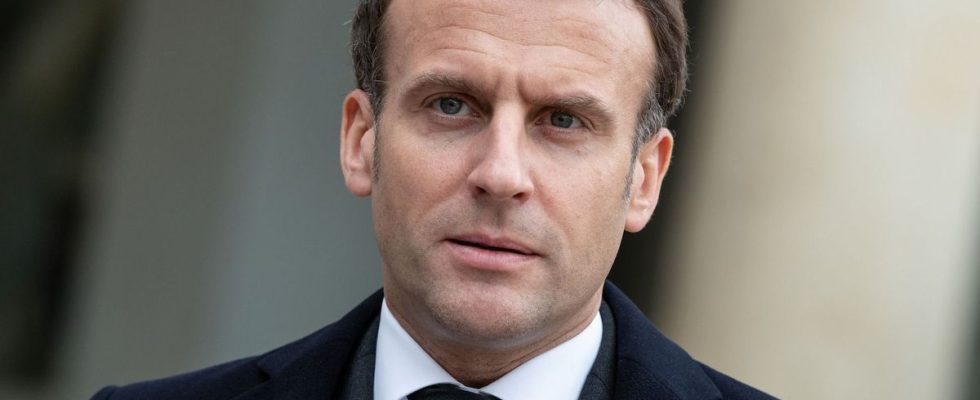Published on
Updated
Reading 3 mins.
The 184 members of the Citizens’ Convention on the end of life, after 27 days of work spread over four months, finally voted for active assistance in dying, Sunday April 2. The President of the Republic Emmanuel Macron has just announced a bill “by the end of summer 2023”. For clarification on the issue, Doctissimo has chosen to give the floor to Jonathan Denis, president of the Association for the right to die with dignity, to Dr Alexis Burnod, head of the pain, support and palliative care mobile team at the Institut Curie in Paris and Marie de Hennezel, clinical psychologist and author of several books on the end of life, including “The Adventure of Aging” published by Robert Laffont.
After a long process that spanned several weeks, the 184 members of the Citizens’ Convention on End of Life have delivered their conclusions. In a final report presented on April 2, 2023 and approved by 92% of the votes, the members of this convention therefore approve of active assistance in dying.
Proposals presented to the President of the Republic
The 146 proposals issued by this convention were then presented this Monday morning to the President of the Republic. They call on the government to “profound changes” to allow better support for end-of-life patients. Their conclusions open the door to a form of active assistance in dying (AAM) and will serve as a discussion support for the future bill, announced by the Head of State for the “end of summer 2023“.
In addition, Emmanuel Macron also announced a “national ten-year plan for pain management and palliative care”. This plan will be accompanied by “necessary investments”because “the State has an obligation of result“to ensure a “effective and universal access to end-of-life care“said the head of state, who also excludes any assistance in dying for minors.
Jonathan Denis: “I am satisfied with the conclusions of this citizens’ convention on the end of life”
Asked about the conclusions of this citizens’ convention, the president of the Association for the right to die with dignity “salutes the involved work of the participants and the listening of the different parties during the presentation of the conclusions of the report, in a peaceful atmosphere, and in respect of the convictions of each“.
Jonathan Denis also welcomes this “opening up the field of possibilities“for all and”the support provided to palliative care, which must be deployed more throughout the territory, as well as the training of health professionals and information to the patient, on deep sedation or advance directives”.
He also recalls, following Emmanuel Macron’s announcement, that this law “will not impose anything on anyone, neither on the most vulnerable end-of-life patients who would not wish active assistance in dying, nor on doctors who would not wish to participate in such an act, which is always singular by nature“.
Alexis Burnod: “As a doctor, our leitmotif is to treat and support, always”
For his part, Dr. Alexis Burnod, head of the pain, support and palliative care mobile team at the Institut Curie in Paris “first of all salute the work and the fluidity of the exchanges, always with respect“. He also wishes to underline the importance of the 154-page report submitted by the Convention, which according to him proves the “complexity of the subject”.
For the specialist, the “national priority of the culture of palliative care and the structures allocated” is a crucial decision. “The visceral commitment of caregivers is to help sick, disabled, end-of-life people get through these ordeals that affect them. It’s in our DNA, really!” insists the doctor. “In 99.99% of requests, this is what we find: people want to be helped to live, requests for help in dying are extremely rare. Killing is not healing, killing is not relief” he argues, fearing that death is sometimes “too quickly offered”.
Marie de Hennezel: “The oldest feel abandoned”
Clinical psychologist and author of numerous books on the end of life, Marie de Hannezel explains that she has been listening to elderly people for “15 years” in consultation. “The elderly, more and more numerous in France, are worried. They note that nothing is done to prepare for their end of life, the conditions in the hospital structures are deteriorating, the medical deserts are increasing… Today they are afraid of the pressures they could undergo to offer them to die “ she details.
For her, there is a flagrant lack of palliative culture in France. “You need a budget to put all this in place, train caregivers, open up structures… I wouldn’t want to be cynical, but proposing a law, unlike all that, costs nothing“analyzes the psychologist, who recalls that “what the elderly want is to live their end of life with dignity”.
